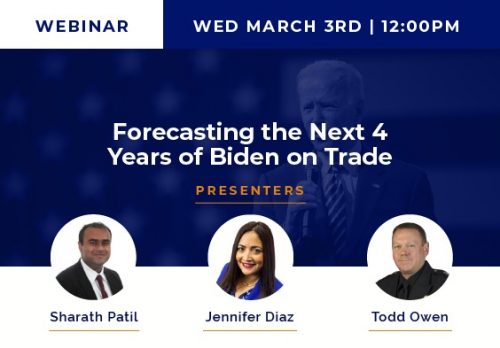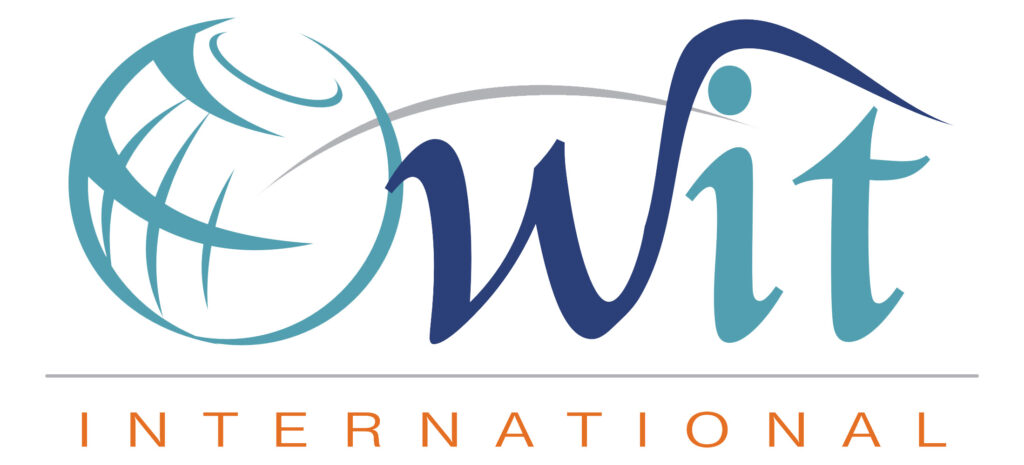
https://diaztradelaw.com/biden-administration-commits-to-modernizing-regulatory-review/
Background on Regulatory Review
U.S. federal laws come from a wide array of sources. They are generally organized under the following order of authority: 1) the U.S. constitution, 2) statutes passed by Congress, 3) treaties ratified by Congress, 4) case law, 5) executive orders, 6) regulations, and 7) agency guidance. After Congress has provided a federal agency with a policy mandate, an agency is empowered to promulgate regulations to provide detailed and binding rules on those matters.
Executive Order 12866 (signed by President Bill Clinton on September 30, 1993), as amended, directs agencies to follow certain principles in rulemaking, such as consideration of alternatives and engage in a cost-benefit analysis. Significant proposed regulations are reviewed by the White House’s Office of Information and Regulatory Affairs (“OIRA”) and the Office of Management and Budget (“OMB”).
Biden Issues Guidance on Modernizing Regulatory Review
In the first days of his administration, President Biden issued two memoranda committing to modernize regulatory review and signed an executive order revoking Trump-era executive orders on rulemaking. These two memoranda and executive order are explained below, in turn.
Memo #1: Modernizing Regulatory Review
In the memorandum addressed to the heads of executive departments and agencies on January 20, 2021, President Biden underscored the need for a regulatory review mechanism that permits “swift and effective Federal action” amidst serious challenges including “a massive global pandemic; a major economic downturn; systemic racial inequality; and the undeniable reality and accelerating threat of climate change.”
The memorandum directed the Director of OMB to begin a process of producing a set of recommendations for improving and modernizing regulatory review. The memo required these recommendations to provide concrete suggestions on how the regulatory review process can promote: public health and safety, economic growth, social welfare, racial justice, environmental stewardship, human dignity, equity, and the interests of future generations.
In particular, the memo required OMB’s recommendations to:
- Identify ways to modernize and improve the regulatory review process
- Propose procedures that take into account the distributional consequences of regulations to ensure that regulations appropriately benefit and do not inappropriately burden disadvantaged, vulnerable, or marginalized communities
- Consider ways that OIRA can play a more proactive role in partnering with agencies to explore, promote, and undertake regulatory initiatives that are likely to yield significant benefits; and
- Identify reforms that will promote the efficiency, transparency, and inclusiveness of the interagency review process
Memo #2: Regulatory Freeze Pending Review
Biden’s Chief of Staff, Ron Klein, released a second memorandum on the same day freezing regulatory rulemaking pending review. The memo requires:
- A freeze on proposing or issuing any rules until a department or agency head appointed by the President reviews and approves the rule (with an important exception for emergency or urgent circumstances)
- Withdrawal of rules that have been sent to the Office of the Federal Register (“OFR”) but have not yet been published
- Consideration of a 60-day postponement of any rules that have been published in the Federal Register (or have been otherwise issued) but have not yet taken effect
Executive Order Revoking Trump-Era Rulemaking Executive Orders
Additionally, President Biden signed Executive Order 13992 on the Revocation of Certain Executive Orders Concerning Federal Regulation on January 20, 2021. The Executive Order revoked a set of Trump-era policies and directives that the Biden administration found to restrain the government from proactively addressing national priorities.
Specifically, EO 13992 revoked:
- EO 13771: Reducing Regulation and Controlling Regulatory Costs
- EO 13777: Enforcing the Regulatory Reform Agenda
- EO 13875: Evaluating and Improving the Utility of Federal Advisory Committees
- EO 13891: Promoting the Rule of Law Through Improved Agency Guidance Documents
- EO 13892: Promoting the Rule of Law Through Transparency and Fairness in Civil Administrative Enforcement and Adjudication
- EO 13893: Increasing Government Accountability for Administrative Actions by Reinvigorating Administrative PAYGO
Furthermore, EO 13992 directed the OMB Director and heads of agencies to rescind any orders, rules, regulations, guidelines, or policies the implemented or enforced the revoked executive orders.
Trade & Customs Implications
Rulemaking has important implications for trade and customs matters. A wide array of federal agencies including the U.S. Department of Commerce, U.S. Customs and Border Protection, the U.S. Department of State, the U.S. Department of the Treasury, the U.S. Food and Drug Administration and many others routinely promulgate regulations that affect various aspects of U.S. trade and customs law.
Diaz Trade Law’s Upcoming Webinar: Forecasting the Next 4 Years of Biden on Trade
On March 3, 2021 at 12:00 PM, Diaz Trade Law is hosting a webinar on Forecasting the Next 4 Years of Biden on Trade. The webinar will provide a retrospective overview of U.S.-China trade relations under Trump, explain where we are now, and forecast U.S.-China relations under Biden. Specifically, the presenters will discuss how exporters and particular industries will be affected and forecast the impact of a Biden administration on U.S. Customs and Border Protection trade issues. Our featured speaker, Todd Owen, Former Executive Assistant Commissioner for the Office of Field Operations at U.S. Customs and Border Protection, will be our featured speaker. Todd will be joined by Diaz Trade Law’s president, Jennifer Diaz, and Associate Attorney Sharath Patil.
Contact Us
If you have questions on how Biden’s regulatory agenda may affect your business, require assistance drafting comments on upcoming rulemaking, or have general questions on trade and customs matters, contact us today at info@diaztradelaw.com or 305-456-3830.

